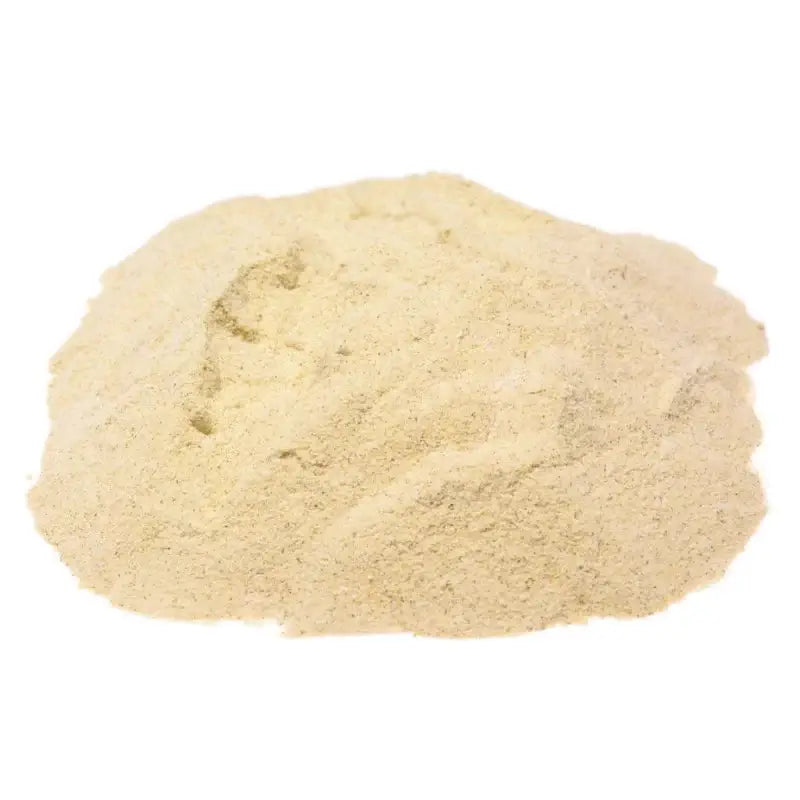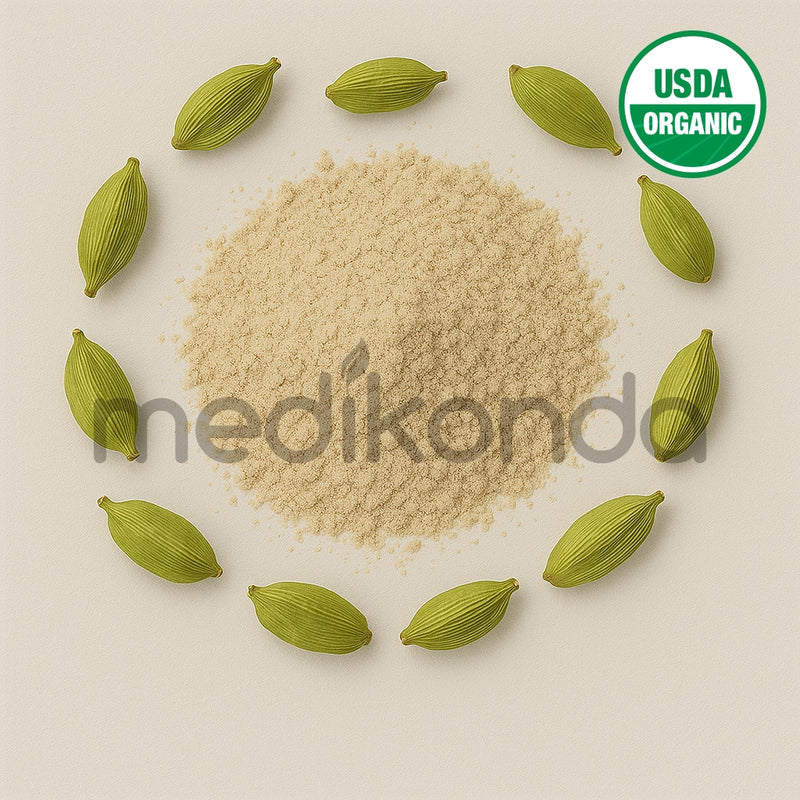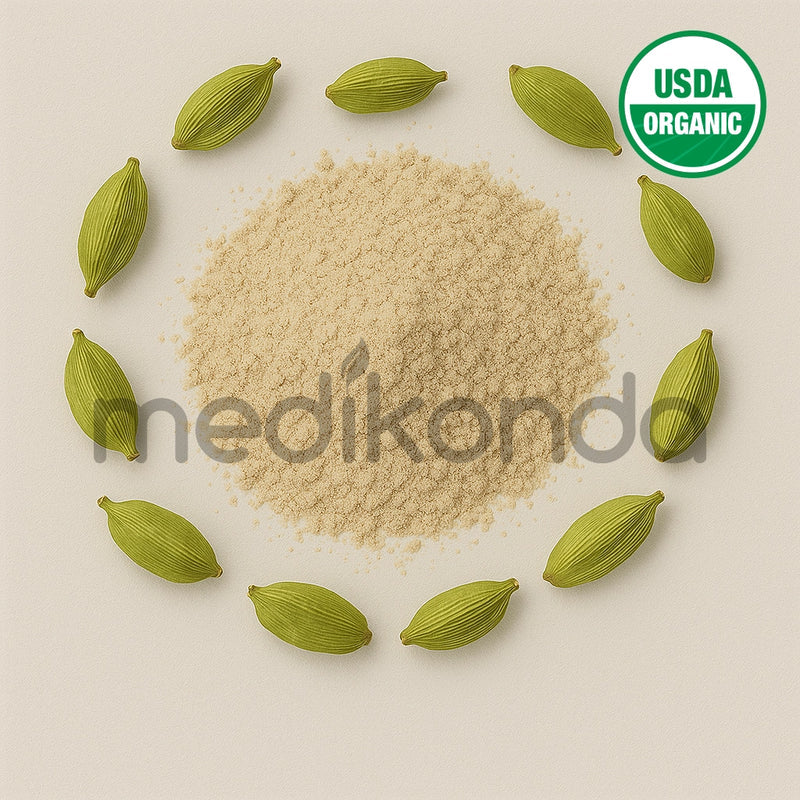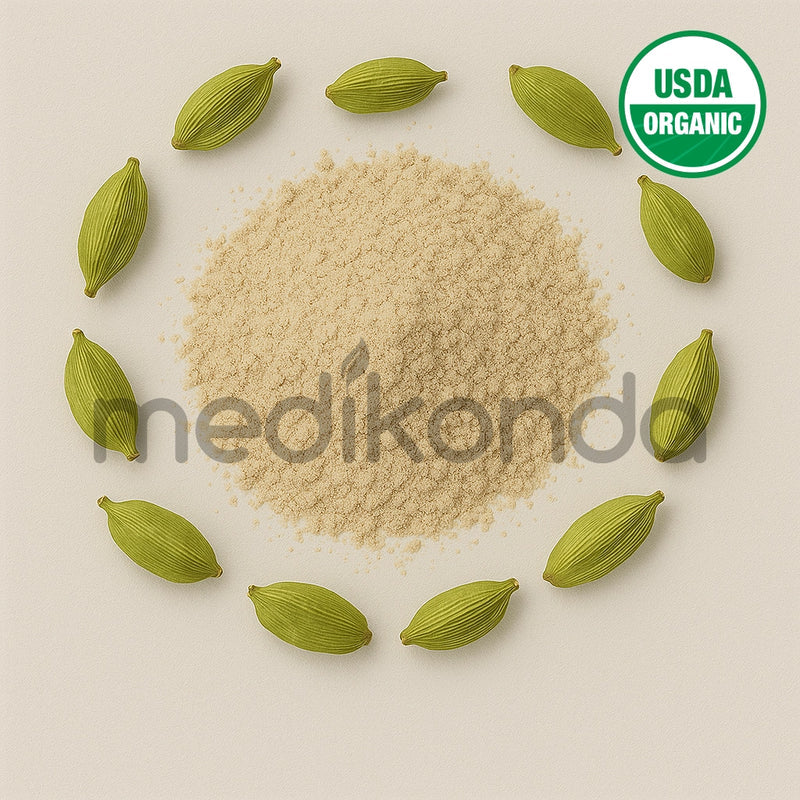Add description, images, menus and links to your mega menu
A column with no settings can be used as a spacer
Link to your collections, sales and even external links
Add up to five columns
Add description, images, menus and links to your mega menu
A column with no settings can be used as a spacer
Link to your collections, sales and even external links
Add up to five columns
LOOKING FOR BULK INGREDIENTS PRICING?
GET INSTANT QUOTEwhat ingredient are you looking for?

Benefits of Phytase - Wholesale B2B Bulk Suppliers in Australia and New Zealand
Phytase: Unlocking Nutrient Potential from Plant-Based Diets
What is Phytase?
Phytase is a type of enzyme that breaks down phytic acid (also known as phytate), an anti-nutrient found in many plant-based foods such as grains, legumes, nuts, and seeds. Phytic acid has a strong binding affinity for essential minerals like iron, calcium, zinc, and magnesium, making them less bioavailable for human and animal absorption. Phytase helps liberate these bound minerals, improving overall nutrient uptake and digestive efficiency.
How Phytase Works
Phytic acid is the primary storage form of phosphorus in plants, but it's difficult for humans and monogastric animals (like pigs and poultry) to digest. Phytase catalyzes the hydrolysis of phytic acid, breaking it down into:
-
Inositol
-
Free phosphate
-
Soluble mineral ions
By doing this, phytase not only improves mineral bioavailability but also helps reduce phosphorus pollution in animal waste when used in feed.
Benefits of Phytase
1. Enhanced Mineral Absorption
By breaking down phytate, phytase helps release:
-
Calcium
-
Iron
-
Zinc
-
Magnesium
These minerals are essential for bone health, immune function, oxygen transport, and enzymatic reactions.
2. Better Protein and Energy Utilization
Phytate can inhibit enzymes like trypsin and amylase, impairing protein and carbohydrate digestion. Phytase reduces this effect, supporting more efficient nutrient absorption.
3. Support for Vegan and Plant-Based Diets
Individuals relying heavily on plant-based foods may face mineral deficiencies due to phytic acid. Phytase supplementation can improve the nutritional quality of such diets.
4. Animal Feed Efficiency
Phytase is widely used in poultry, swine, and aquaculture industries to:
-
Improve growth performance
-
Reduce the need for inorganic phosphorus supplements
-
Minimize environmental phosphorus discharge
Sources of Phytase
Phytase occurs naturally in:
-
Sprouted grains
-
Fermented foods (like sourdough and tempeh)
-
Some microorganisms (fungi and bacteria)
However, the levels in food are often not high enough to counteract phytic acid fully. That’s why supplemental phytase is used in:
-
Dietary supplements
-
Functional foods
-
Animal feed formulations
Applications in the Food and Agriculture Industry
-
Food Processing: Used to improve mineral bioavailability in breads, cereals, and nutrition bars.
-
Nutritional Supplements: Added to multivitamins and digestive enzyme blends.
-
Livestock Feed: Enhances phosphorus digestibility and reduces feed cost.
Final Thoughts
Phytase is a valuable enzyme that enhances nutrient bioavailability by breaking down phytic acid in plant-based foods. Whether for human health or animal nutrition, it plays a crucial role in improving mineral absorption, digestion, and environmental sustainability. As the popularity of plant-based diets continues to rise, phytase becomes increasingly important for unlocking the full nutritional potential of plant foods.
For bulk orders and inquiries, visit Medikonda Nutrients - Phytase
Medikonda Nutrients is the Largest Manufacturer, B2B Bulk Wholesale Supplier of Phytase in Australia and New Zealand.
Also in Medikonda: Health & Wellness
SUBSCRIBE NOW ...
Don't miss to get latest updates on sales, new releases and promotions




